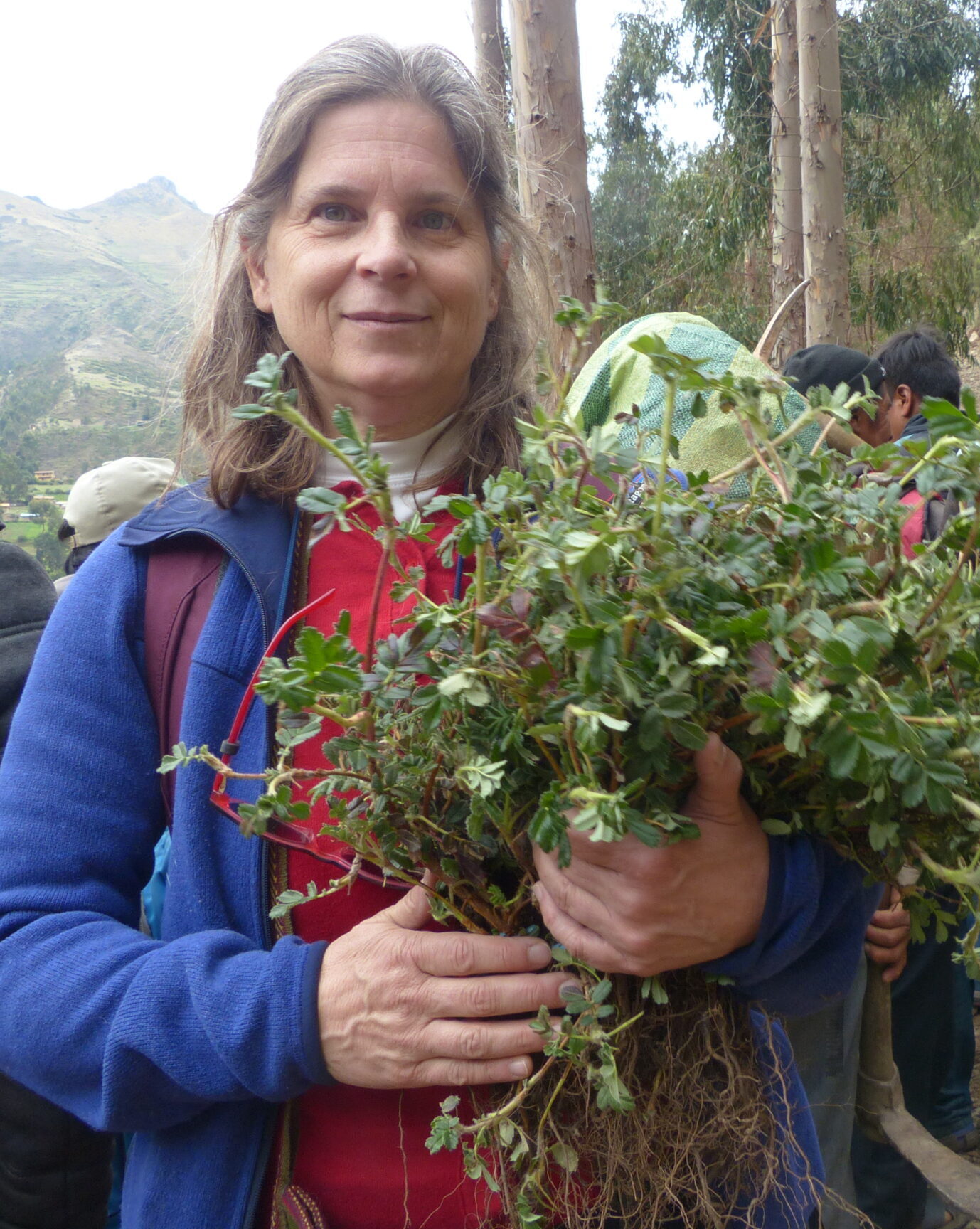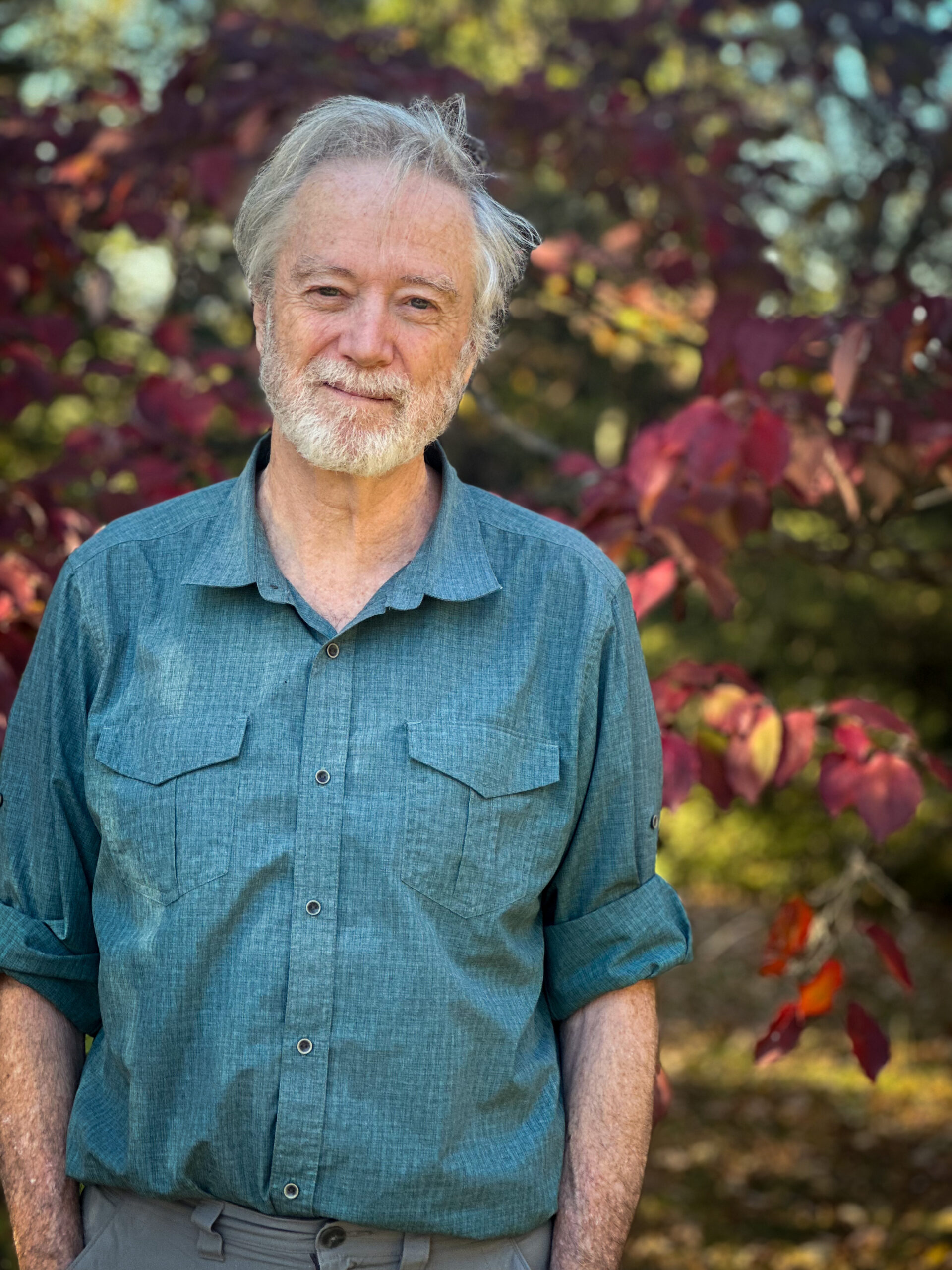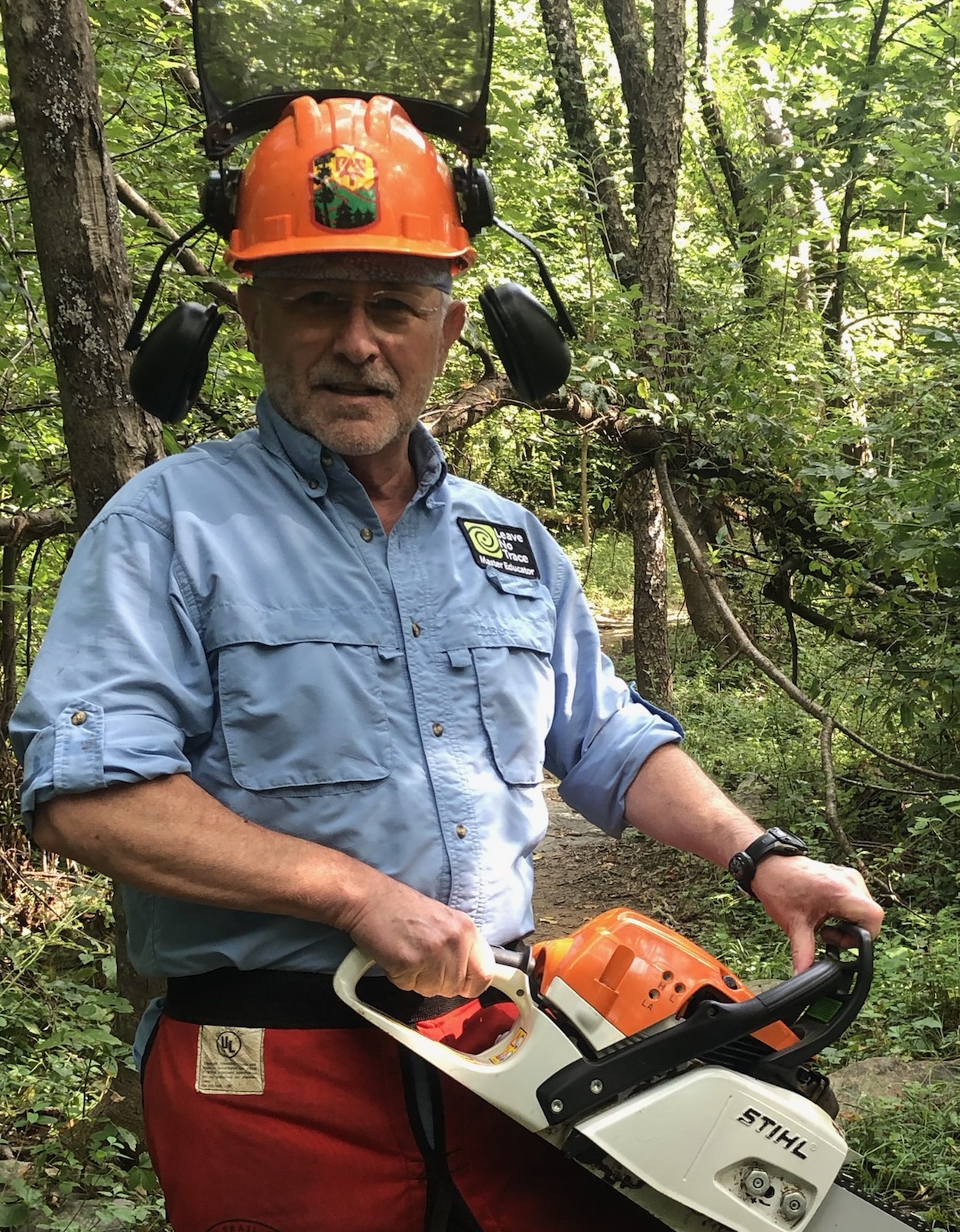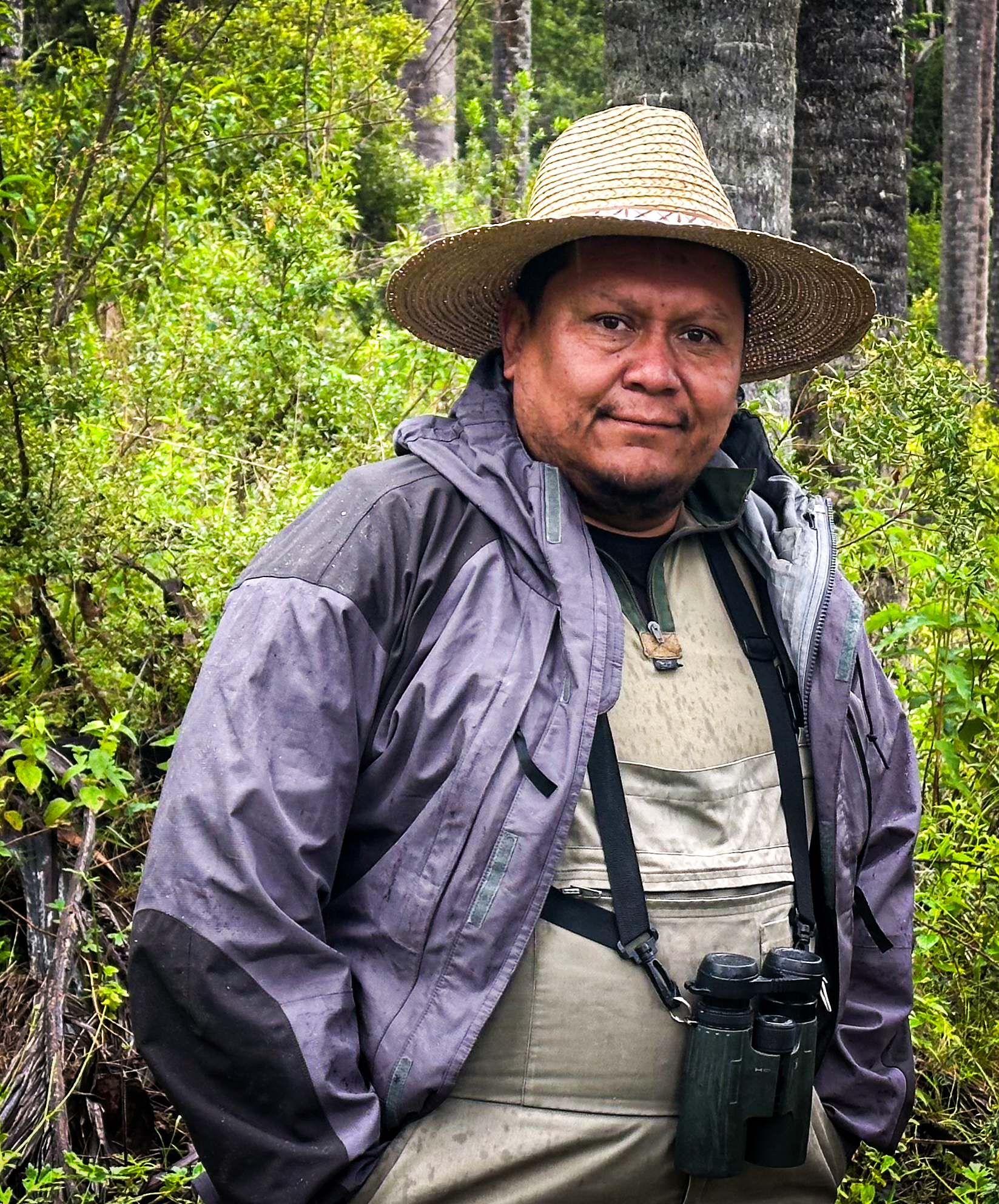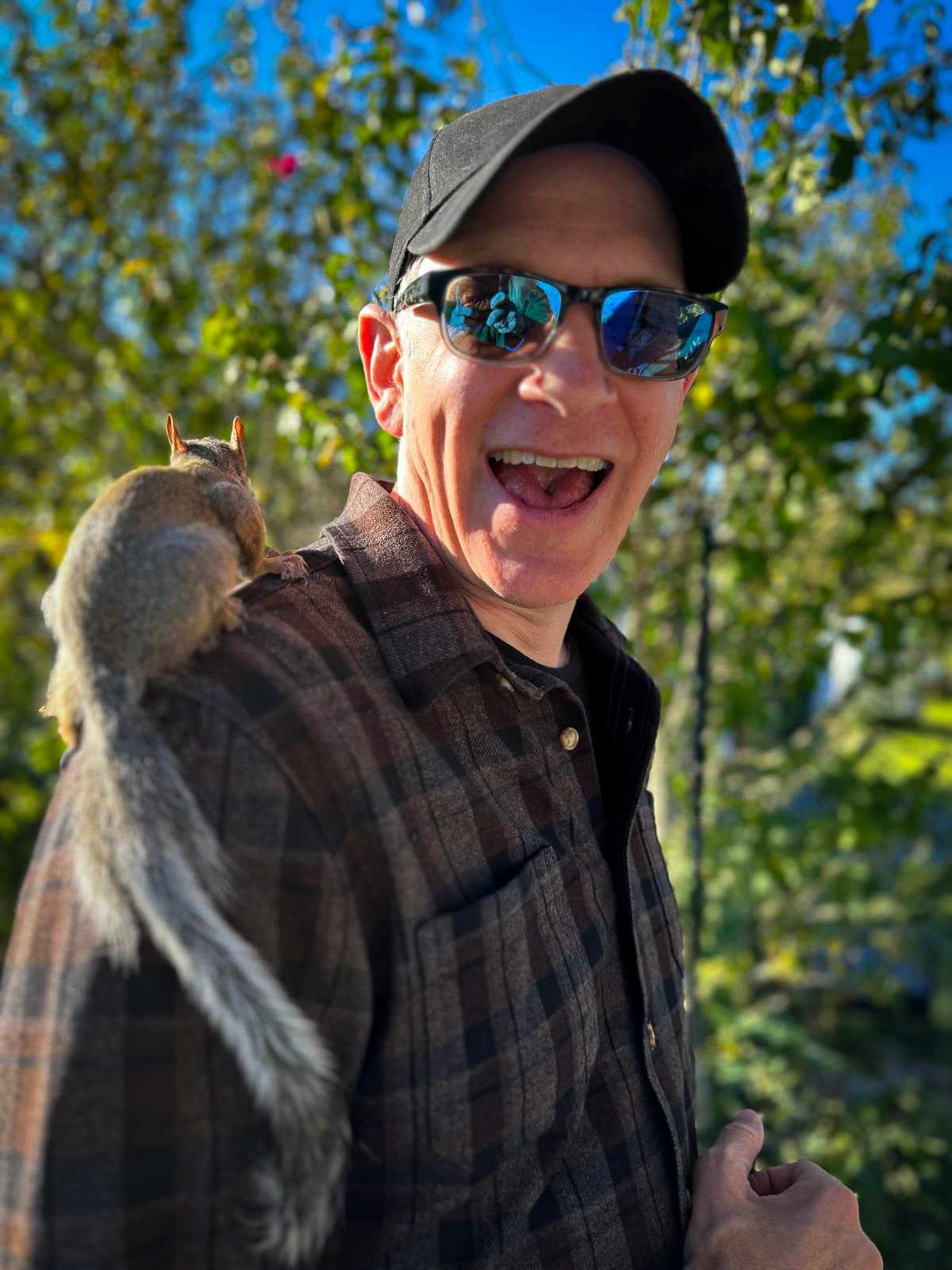WE HELP PROTECT The Latin American Places the World CanNOt Afford to Lose
In Latin America, more than 500 distinct terrestrial and freshwater ecosystems support an astonishing diversity of life, yet the majority are overlooked. We call these underserved ecosystems, and at Confluence, they are what we define as ESSENTIAL.
From the mist-draped Yungas cloud forests to the Altiplano puna grasslands, to gnarled Polylepis woodlands, to the surreal páramo with its Dr. Seuss-like plants and high-altitude valleys where endemic palm forests rise unexpectedly at 10,000 feet—Latin America holds unique ecological treasures the world cannot afford to lose.

Tunari National Park, Bolivia, photo by Aldo Echeverría
Without local stewardship and necessary resources, protected areas are extremely vulnerable
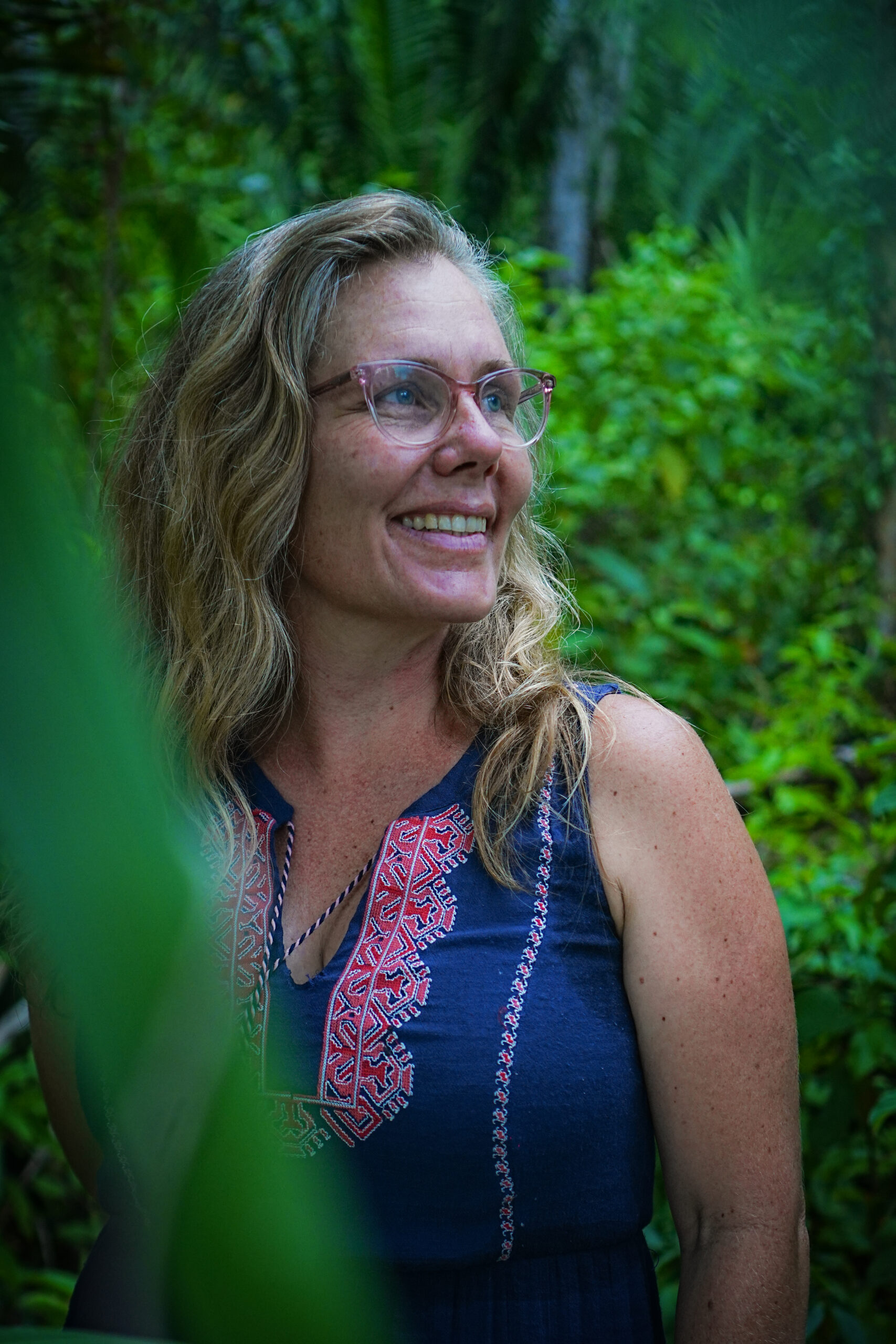
“After more than a decade of listening to partners across Latin America, I founded Confluence to stand and work alongside the extraordinary organizations protecting these irreplaceable ecosystems—bringing resources, ideas, and hands-on support to help them get the job done.”
Wendy C. Willis
CEO, Confluence
What all these places have in common, however, is an extreme shortage of funding and manpower to protect the ecosystem services they provide. Without local stewardship and necessary resources, “protected areas” are extremely vulnerable from fire, exploitation and colonization.
This problem is not unique to Latin America; it’s global. For example, Denali National Park in the U.S. and Kruger National Park in South Africa have both faced major budget shortfalls, which affected their ability to respond to wildfires and poaching. Managed correctly, these places offer more than natural resources and a place to recreate, they also offer jobs.
How We Prioritize & Select Essential Ecosystems
Confluence prioritizes natural ecosystems that:
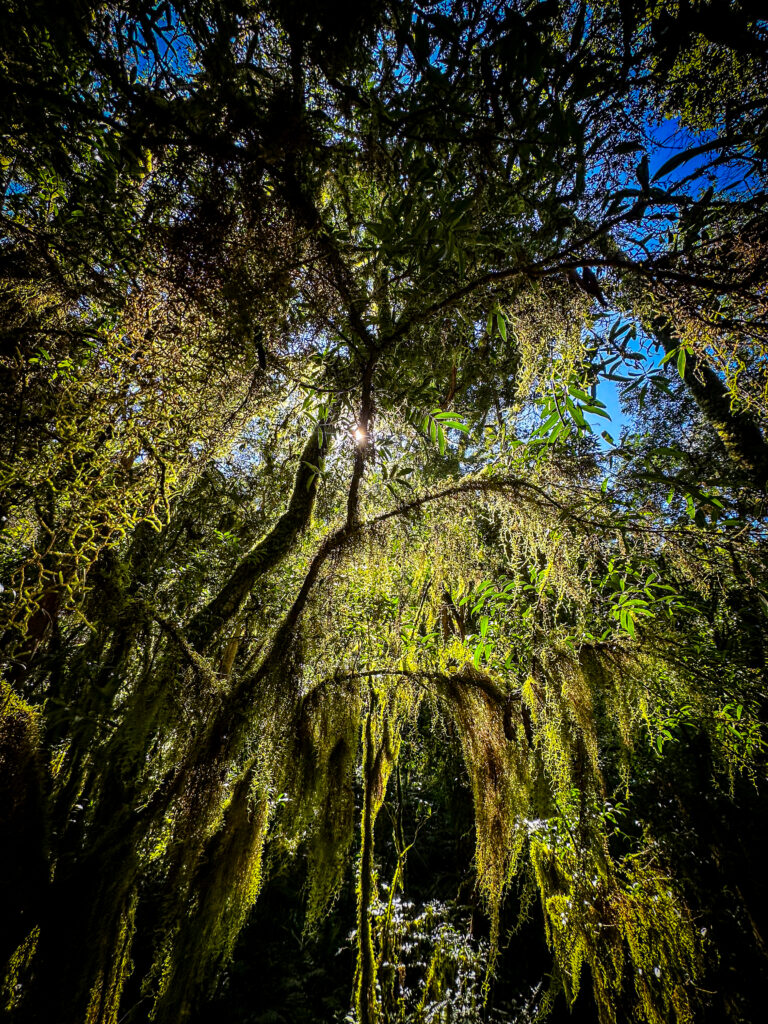
Are identified by scientists as top priorities and irreplaceable.
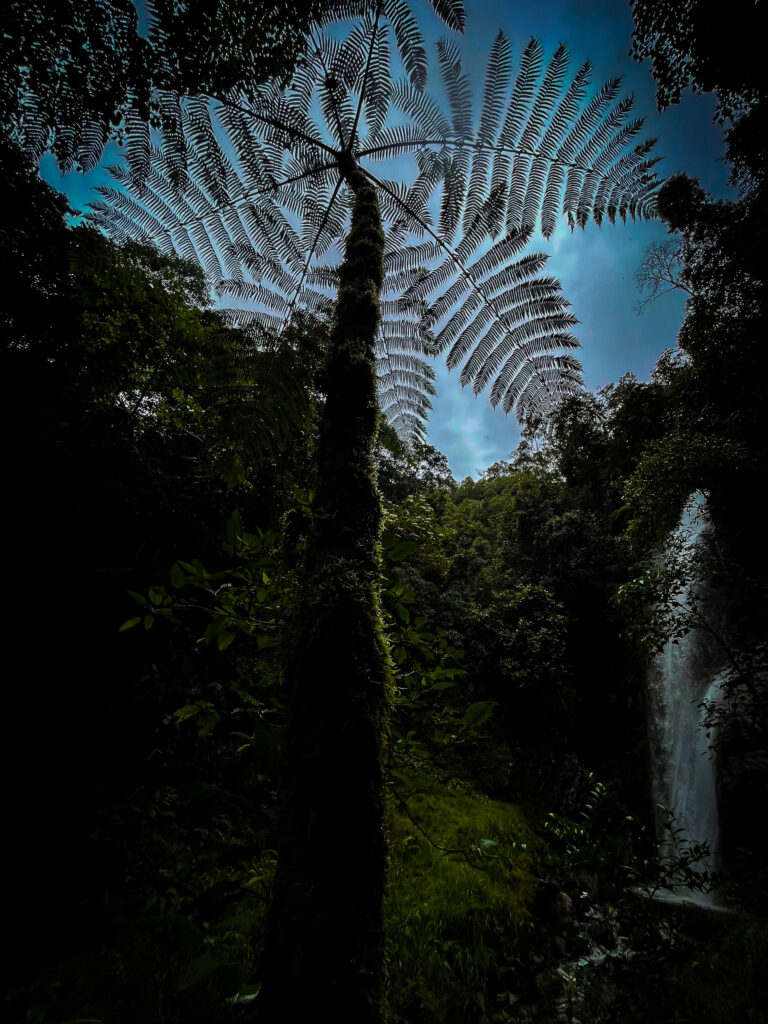
Provide critical environmental services, including habitat for biodiversity, water resources, and climate resiliency.
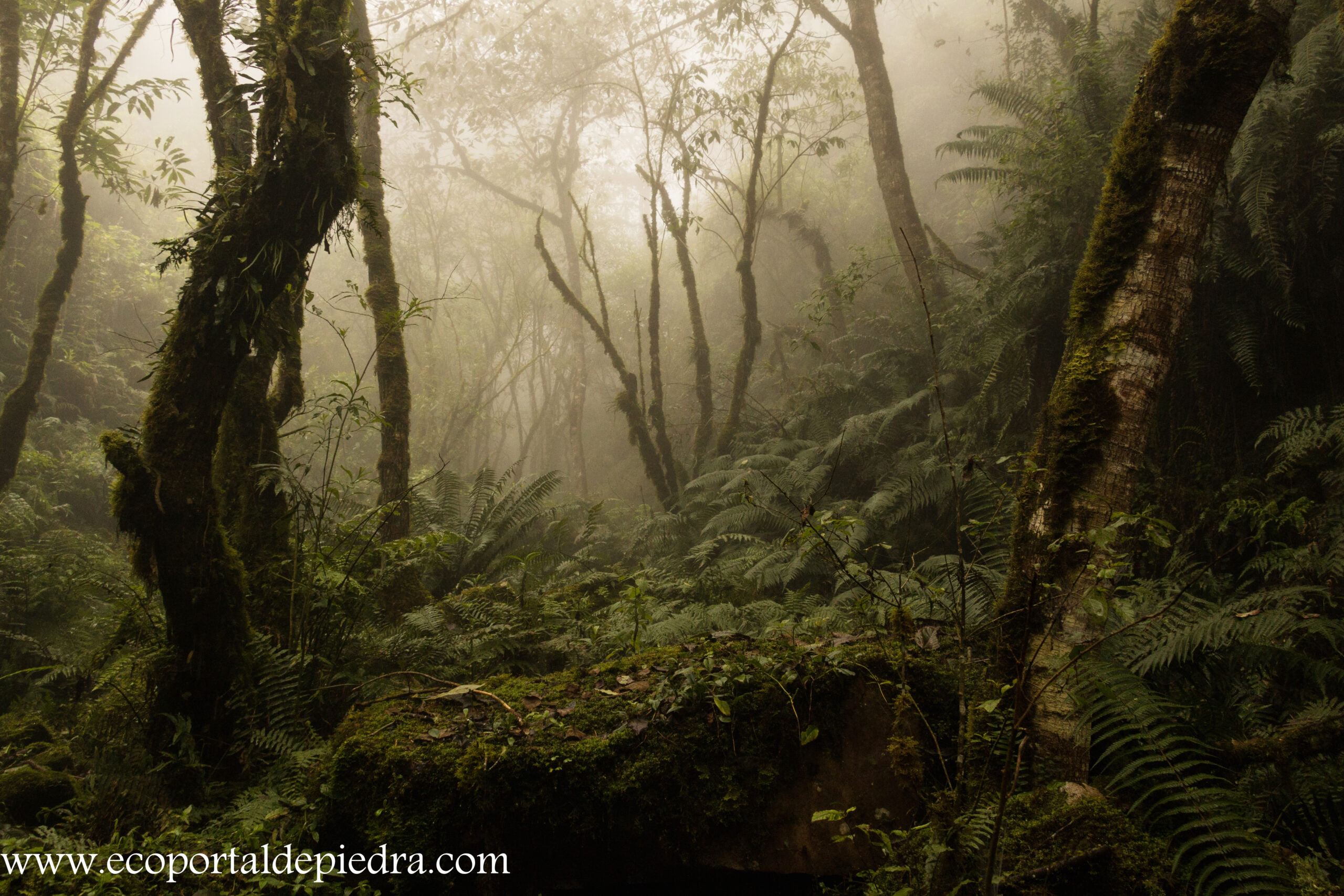
Are threatened by underfunding and insufficient resource management to address real threats.
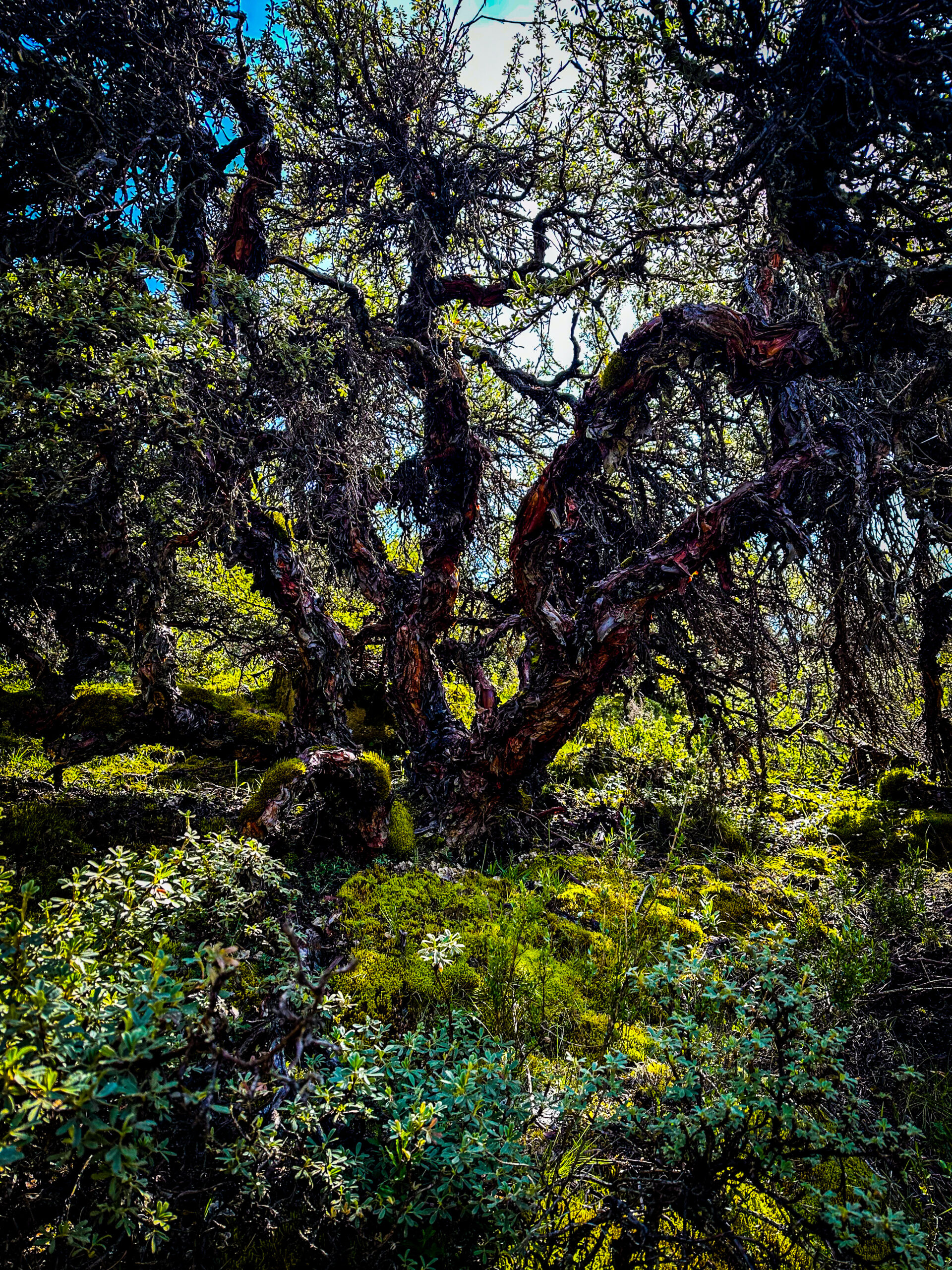
Have trusted, effective local organizations on the ground, or the opportunity to create them.
Conservation takes more than passion
Our team brings over six decades of collective experience in conservation science, nonprofit leadership, community engagement, and cross-cultural collaboration. We’ve worked across borders, sectors, and ecosystems—but what unites us is a shared commitment to showing up, listening deeply, and building the kinds of partnerships that last.
Hear from our PARTNERS
Our partnerships aren’t transactional. Together, we share risks, design bold ideas, and bring global attention and funding to the places and people that need it most. The result? Better-managed organizations, stronger local leadership, and more resilient protected areas.
“My first experience working with Confluence was both inspiring and deeply constructive. The process was filled with shared learning and a refreshing sense of transparency. These values give me the energy I need to stay focused on Faunagua’s work and on fulfilling our mission and vision.”

Rosmery Ayala Lozada
Founding Member & Executive Director
Asociación Faunagua
“Confluence has marked a turning point for PROMETA. What began as a shift from reacting to projects has grown into a process of identifying our true institutional needs and building the tools to address them. This collaboration is strengthening our capacity to plan strategically and fulfill our mission with greater impact.”

Rodrigo Ayala Bluske
Executive Director
PROMETA
“Conservation Confluence stands out for its genuine commitment to strengthening local partners. Their transparent and efficient model ensures resources flow directly to the field, where they make the greatest impact. As an administrator, I trust their collaborative approach to manage every contribution with integrity and purpose.”

Iván Pérez Hurtado
Administrative Directory
Armonía
“After reconnecting with Wendy Willis, CEO of Confluence, after more than eight years, I was able to share my journey from student to biologist with a master’s degree. Her leadership created an atmosphere of trust that strengthened my ability to design projects, mobilize resources, and reaffirm my commitment to conservation. Her guidance helped me organize my ideas and strengthened my professional growth.”

Marcia Salvatierra
ConservAves Coordinator
PROMETA


